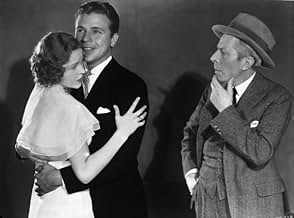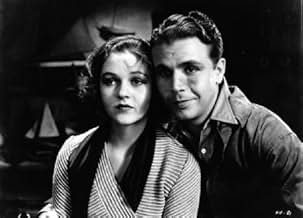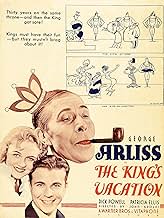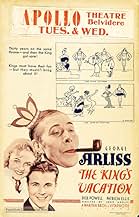The underrated George Arliss is the best thing in this somewhat stilted royal drama. Unfortunately much of the political sentimentalising will seem dated and unconvincing, although Arliss' performance is suitable regal and sensitive. If only we could be so moved by the King's political difficulties as we are ultimately by his private ones, then it would be much better film.
The revolutionary upheaval in his State (which occurs off-screen) is a distant, mainly abstract affair. The King's humanity and concern for his subjects is pure Hollywood puff: the idea that such a figure would really be so liberal and caring requires quite a suspension of disbelief. Most unbelievable of all is the incident with the would-be assassin. After making an attempt on the King's life, the man is likely to be executed. After a brief interview with the King ('why, you talk like one of us!' says the agitator after just a few words) he is reprieved. Later, upon the King's abdication, we glimpse him in the crowd, waving as enthusiastically to the monarch as any loyal subject. As an account of real political strife and dissent or of psychology indeed, this is pure nonsense.
In contrast, the quiet ending, in which Arliss dispenses his more private emotional judgement with dignity and grace, is humane, moving, and probably the best moment in the film. It shows a maturity of vision missing elsewhere.







































